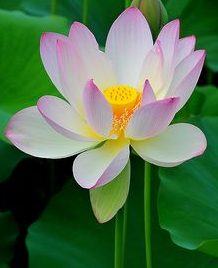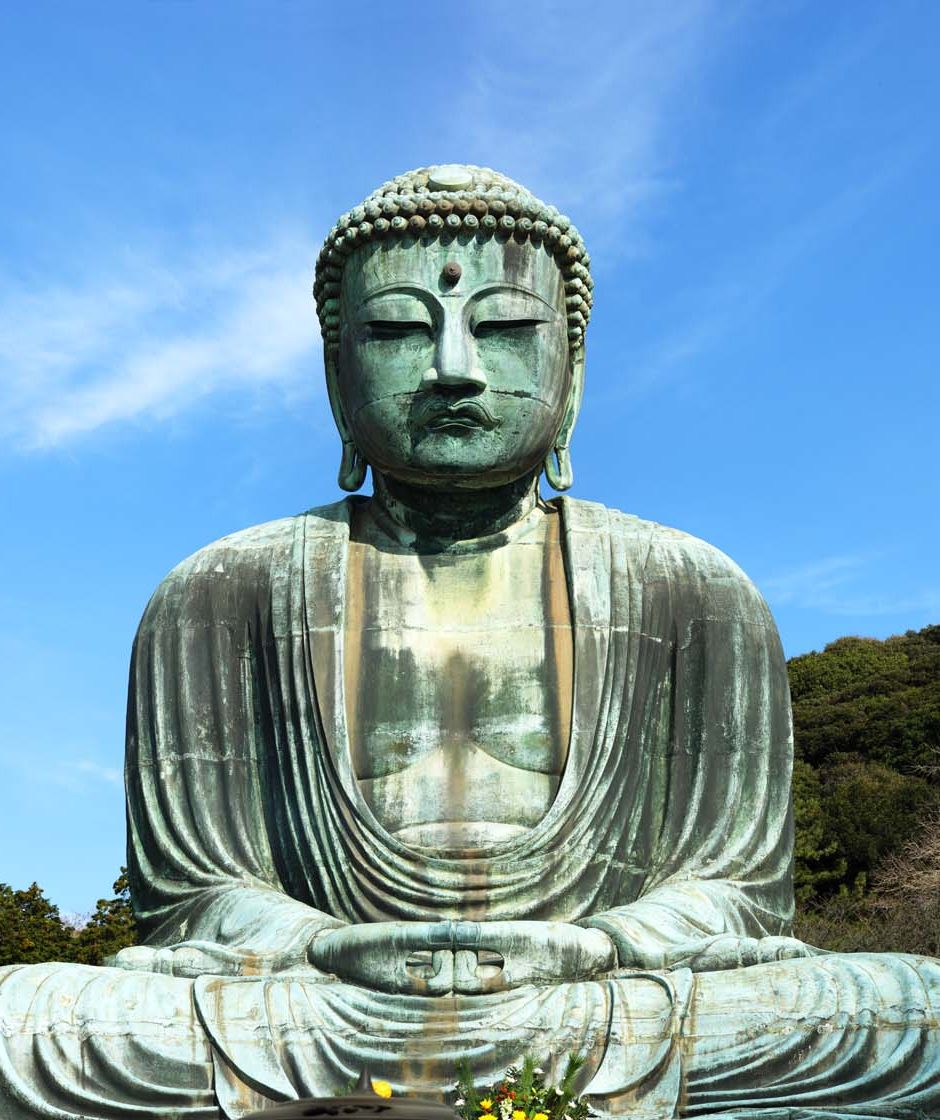The Four Brahma (Purity) Abodes or Limitlessnesses are friendship (mettā), compassion (karuṇā), joy (mudita), and equipoise (upekkhā). Equipoise is a neutral state (majjhatta-bhāva) standing for emptiness (suńńatā), nirvana (nibbāṇa: no-wind of karma), a discarding or disregarding (of karma: neither pain nor pleasure, etc.: literal meaning of upekkhā). Upekṣā (Skt. for Pali: upekkhā) means to overlook (ignore and look over karma, transcended, clearly penetrated in its nature).
Sometimes upekkhā is translated as equanimity, as in equinox (identified as nirvana, the yonder shore: higan 彼岸). It is equal in day and night, but not equal (or balanced) in heat and chill (not equal in, but neither pain nor pleasure, as mentioned in the first paragraph). Upekkhā is the last limb of the Seven Awakening Limbs and manifests in (the third and) fourth stages of the Four Jhānas (Meditations). These show that it is the unconditioned state of karma, i.e., nirvana.
The Buddha renounced his household life to solve the problem of suffering (birth, sickness, aging, death, etc.), and he finally solved it in his witnessing nirvana/awakening, penetrating into the nature of existence dependently originated on karma (past heredity, present habit, action with sense organs and objects, etc.), transcending the long night of nescience (a-vidyā /a-vijjā, from√vid, to witness/exist, existential witness, from which prognosis for how to live).
Witnessing and prognosticating existence ensures why, how, what, etc., to deal with our life in joy (of pure peace and prognosis), compassion (with the shared sufferings), and friendship (with all karma-created beings) from his awakening of the Dharma of Dependent Co-origination (that all phenomena are dependently co-originated on causes and conditions of karma). The Bodhisattva Way is pure and limitless, free and full, unhindered by karma (The Triple Poisons, etc.).
September 27, 2020 C.E. Dharma note
四梵住(Brahma–vihāra: 清浄住)即ち四無量(心)(appamaññā/apramāṇya)は慈(mettā), 悲(karuṇā), 喜(mudita), 捨 (upekkhā)です。捨は空(suññatā/śūnyatā), 涅槃 (nibbāṇa/nirvāṇa業の無風)を意味する中(立)状態(majjhatta-bhāva)で、(upekkhāの字義である不苦不楽など業の)捨・無視す。(パーリ語upekkhāの梵語upekṣā)は上視(業を無視・超視し、超越し、明瞭にその本性を洞察)することです。
時にupekkhāは春分・秋分(彼岸として涅槃と同一視され)平静と訳されます。それは日夜等分ですが、寒暑(上述したように同等に有るのではなく、苦も楽も無いと同様寒暑も無く)等分(均衡・平均)ではありません。Upekkhāは七覚支の最後であり、四禅の(捨の主観が残る第三と、それも無い‘)第四段階に現状します。これらのことはそれが涅槃、業の条件付けが無いことを意味します。
仏陀は(傷病老死などの)苦の問題を解決するために出家し、(過去の遺伝、現在の習慣、感覚器官と対称の行動の)業により縁起した存在の本性を洞察して、無明(語源vidは直証・存在する、存在を直証し、そこから如何に生きるかの般若:智慧が得られるが、それの無い状態a-vidyā /a-vijjā)無明の長夜を乗り超えて、涅槃/覚醒を直証して遂に解決したのです。
存在の直証と診断は、(一切の現象は業の因縁によって生起したものであるという)縁起の法に目覚めたことから(清浄な平和と智慧の)喜悦、(苦を共有する)慈悲、(一切の業より生まれた存在者との)友情の中に私達の生存に何故、如何に、何をして対処するかを可能にしました。菩薩道は(三毒などの)業によって邪魔されない自由で十全で、清浄で無量のものです。
2020共通年9月27日 法語



